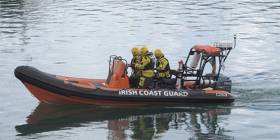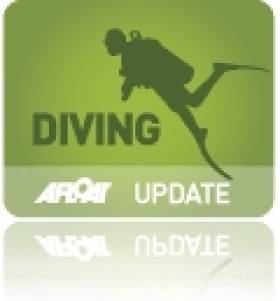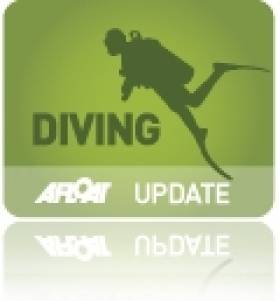Displaying items by tag: decompression sickness
This afternoon the Irish Coast Guard were alerted to concerns for a diver who was at the slip at Howth Harbour, Co Dublin.
The local Coast Guard unit in Howth were tasked and were quickly on scene.
On arrival the team were met with a male diver in his 40s who had experienced a rapid ascent while returning to the surface from 15 meters depth. With the possibility of decompression sickness the Coast Guard team provided medical assistance until the arrival of an ambulance.
The casualty was taken to Beaumont Hospital where his condition is stable.
Diver Treated for 'The Bends' in Northern Ireland
#DIVING - BBC News reports that a man suspected to be suffering from 'the bends' after a dive in Galway was treated in Northern Ireland at the weekend.
The diver was airlifted to the decompression chamber in Craigavon by Irish Coast Guard helicopter as there was no medical team available at the closest facility in Galway.
Decompression sickness - commonly known as 'the bends' - was suspected after the man's rapid ascent from a 22-metres dive in Killary Harbour on Sunday.
Quarry Divers Airlifted for Treatment
Four divers were airlifted to hospital yesterday after getting into difficulty while exploring a flooded quarry in Portroe, Co Tipperary.
RTÉ News reports that one of the divers, a man in his 20s, was airlifted by the Shannon-based Coast Guard helicopter to Navy headquarters at Haulbowline in Cork, where he was treated in a decompression chamber.
His three companions were taken to Cork University Hospital as a precaution against decompression sickness.
A hospital spokesperson told the Irish Examiner that none of the group is in a serious condition, though all four are being kept under observation.































































